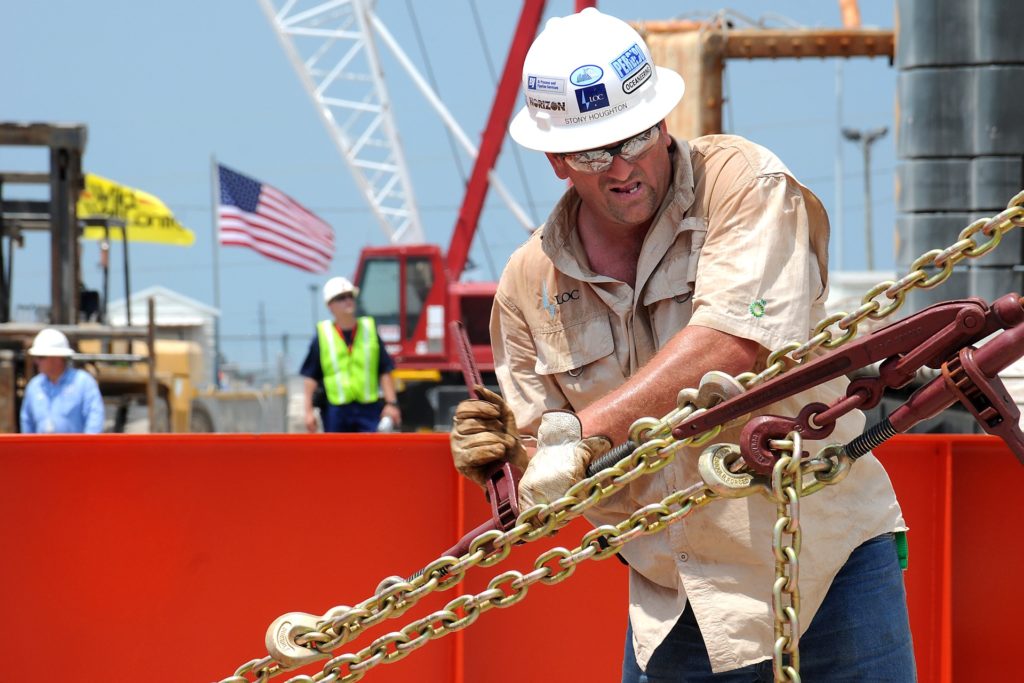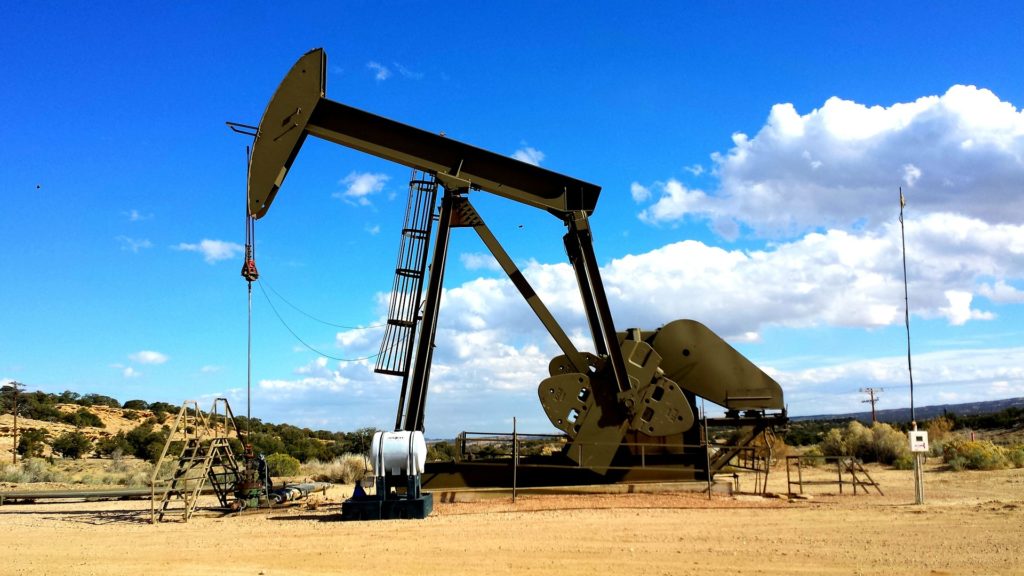
Working In Oil Is Hazardous To Your Health
In 2014, the state of Texas accounted for 40% of U.S. oil field deaths.
In 2012, there were 79 cases of lost limbs, 82 crushed limbs, 92 cases of burns and 675 broken bones in work related accidents reported to insurance carriers. 65 deaths were also reported, which was a 10-year high. The most dangerous jobs are often the most necessary to keep a country from stalling.
Safety, Second For Oil Workers
OSHA has 95 inspectors overseeing safety protocols for all Texas work sites, but only a few of them have experience in oil and gas-related training, in an article conducted by the Insurance Journal. An inspector cannot shut down a drilling rig if dangerous or life threatening work conditions are present. Therefore, they have untrained safety inspectors with little to no power in preventing work related injuries.
The only ones who have the authority to shut down an operation is the Texas Railroad Commission. In the event of a dangerous work environment or serious problem, they can shut down the drill site until it is resolved. However, the Texas Railroad Commission does not coordinate with OSHA. Safety is not part of the mission for the Texas Railroad Commission because they only monitor oil field fires and blowouts. This unorganized arrangement can put oil field workers at risk for life threatening work injuries.
Avoiding the Blame For Work Injuries
Drilling and well service industry leaders have opposed safety reforms in U.S. onshore operations. They claim that their mobile work sites are different from oil refineries and therefore do not need to meet the same safety standards.
Land-based oil field accidents are rarely investigated because of their frequent mobility. By the time someone is sent to investigate the accident the site could have already been packed up and moved to a different drilling location. When OSHA receives a complaint about an employee or work conditions, an inspector may not be able to find the companies because they have already left. The recent oil boom also meant that a lot more inexperienced workers started working in one of America’s most dangerous jobs. All these factors don’t help to improve oil field worker’s conditions in preventing work related injuries and fatalities.
 Oil Field Injuries
Oil Field Injuries
The most common work related injuries that can occur in the oil fields are due to:
- Welding Accidents
- Slips and Falls
- Hit by Heavy Objects
- Explosion Injuries
- Helicopter Accidents
- Boating Accidents
- Aircraft Accidents
Hurt On The Job
The highest percentage of oil field related fatalities are cases of employees being struck by large objects. Part of the job is to construct and tear down riggings and insert and remove pipes on a regular basis. This can lead to injuries and death during the oil exploration process. Extensive steel rigging and heavy pipes are commonplace on the oil derricks. Particularly in the early stages of oil field development, these materials are constantly being hoisted into place. There is a lot of potential danger being moved around constantly.
Injured Before Work Even Starts
It is common for employees to be transported great distances for work. Traveling to and from job sites accounts for a large portion of oil field related accidents and fatalities. In fact, the Bureau of Labor Statistics reported that highway transportation accidents – including car accidents and trucking accidents – account for 1 in 5 of the worker fatalities associated with oil and gas exploration.
Have You Been Injured On the Job?
If you or a loved one has been injured at work, Jeff is here 4 you. Davis Law Firm is ready 24/7 to listen to your case. Our legal representatives offer free consultation. So don’t suffer another day and contact us today! 210-444-4444 956-444-4444 361-444-4444
